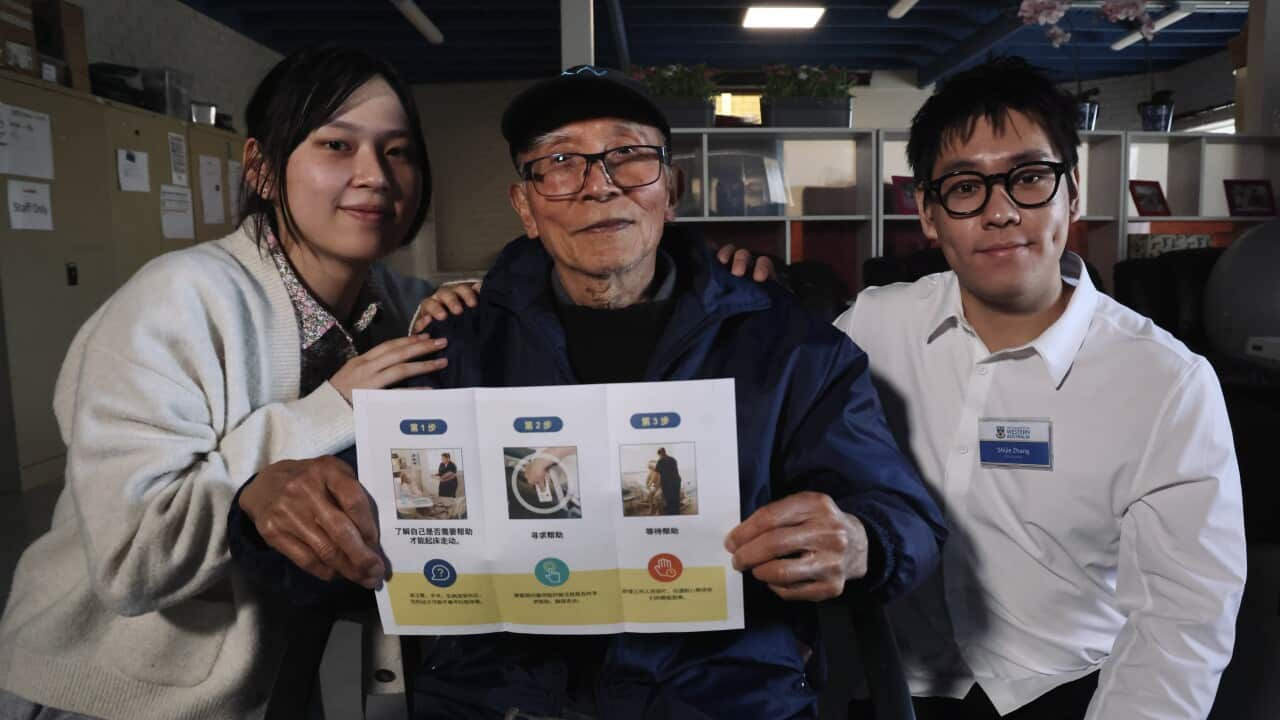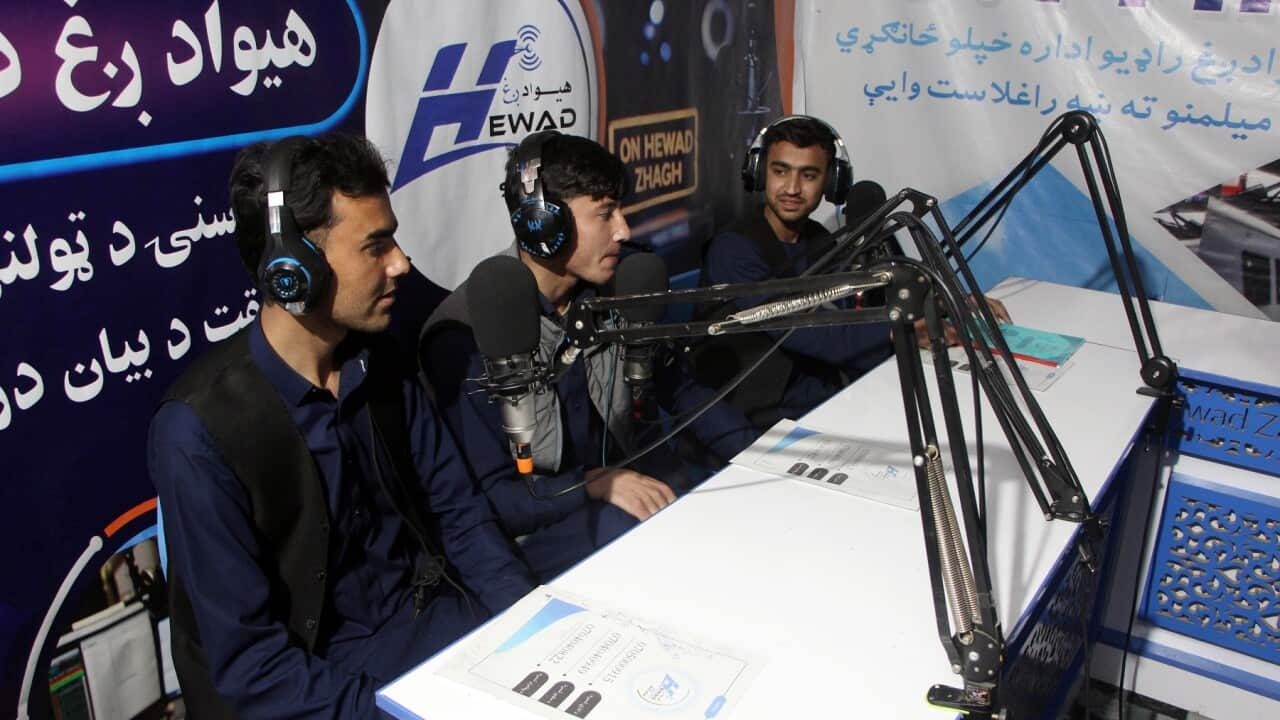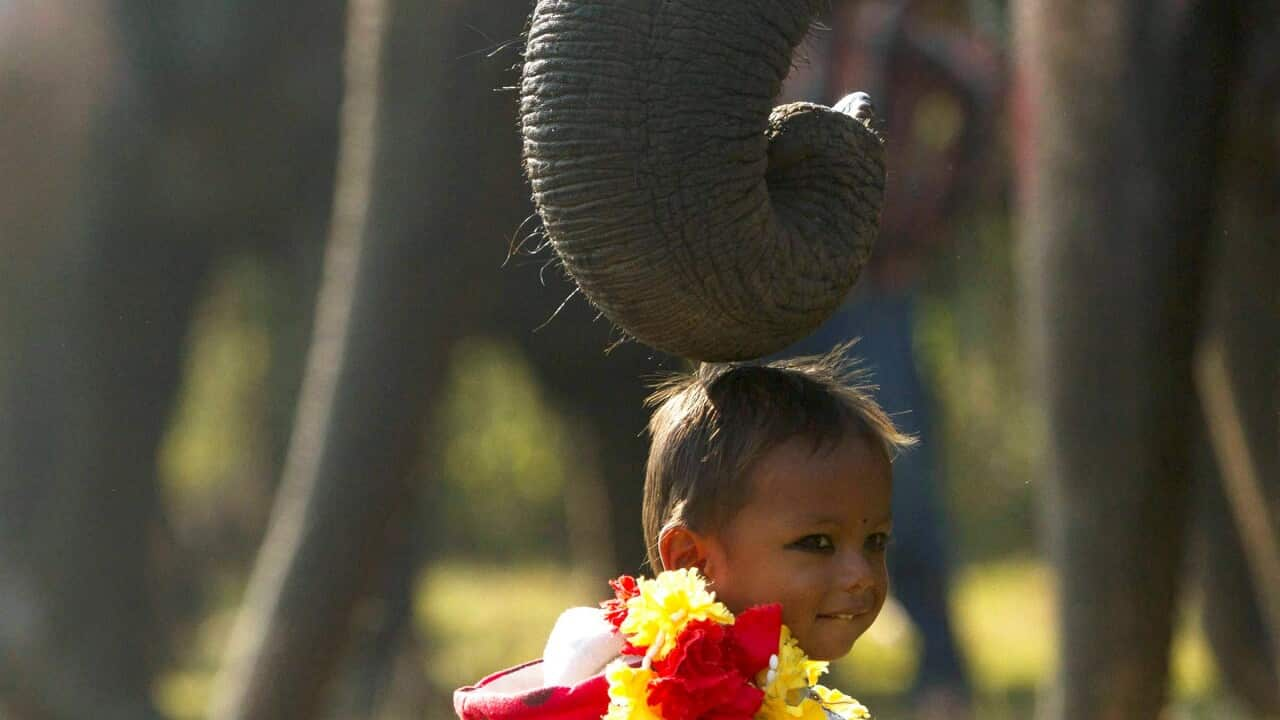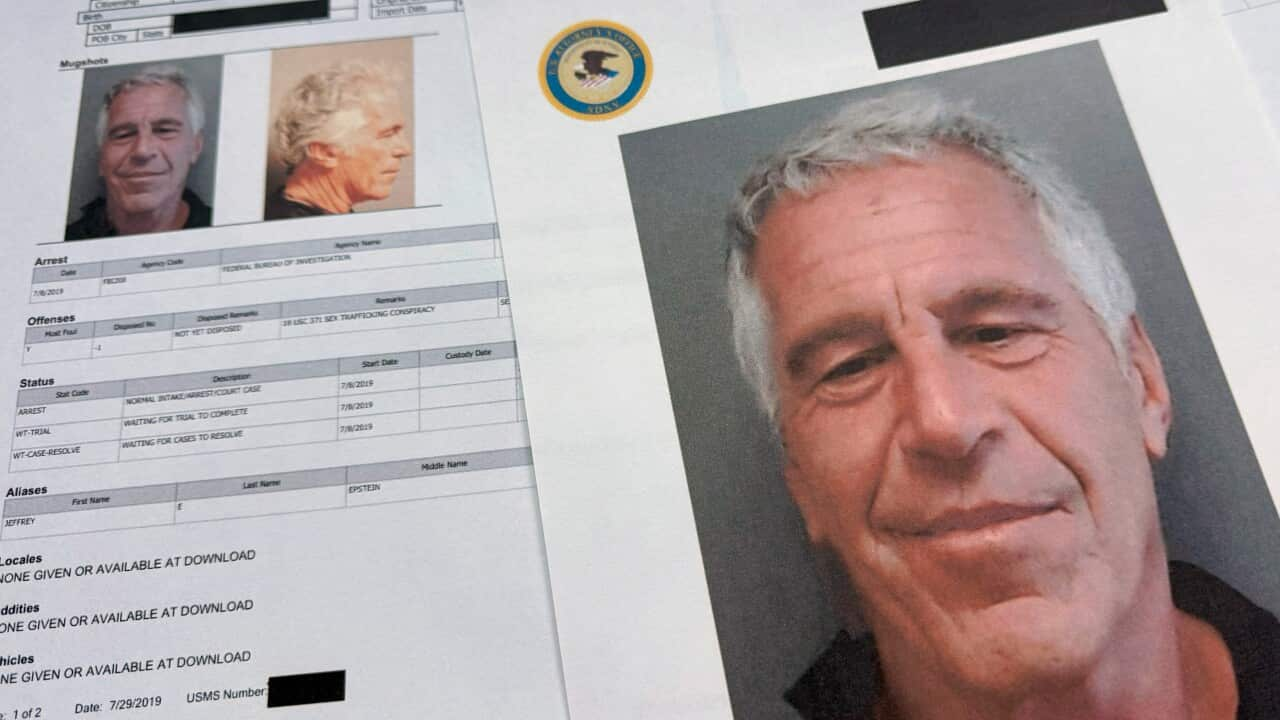Listen to Australian and world news, and follow trending topics with SBS News Podcasts.
TRANSCRIPT:
Walking side by side, students Zhang Shijie and Zhou Yuening make their way down a university corridor.
Their classroom isn’t just on campus, it’s out in the community.
They’re part of a University of Western Australia project led by researcher ((ms)) Dr Loo Cheng Yen, working to reduce falls among Perth’s older Chinese community during hospital stays.
For Ms Zhang, this initiative is deeply personal.
"Last year, my grandma fell in China, and it was devastating. She hurt her back really badly, and because of her age, she’ll never fully recover."
In Australia, the Safe Recovery Program raises awareness about preventing falls in hospital.
It’s designed for patients and staff to boost knowledge of fall risks, and is delivered in the form of videos and pamphlets.
But it’s written and delivered in English, which presents a challenge for migrant communities.
That’s why Ms Zhang, Mr Zhou and Dr Loo decided to translate the entire program into Mandarin.
"Having translations allows the individual patient to actually engage with information directly. There are very much cultural nuances that inform how people are willing to accept and access that information."
Falls are the leading cause of injury hospitalisations nationwide and costing about $5 billion last year.
Most involve people aged 85 and over.
On a vibrant morning at Perth’s Chung Wah Community Care – Willetton Hub, a group of elderly Chinese residents gather.
Some over taichi, some over a few games of mahjong, while others enjoy a good old karaoke.
After lunch they lean in as the two students get up the front - they are delivering the Safe Recovery Program in-language: Mandarin.
Pictures on-screen show the key to preventing a fall in hospital is simple: ask for help to move, wait for assistance, and never rush or go alone.
Among those listening is Liu Xuxiang, an 80-year-old retired worker originally from China’s Jiangsu province.
He says these lessons are opening his eyes to risks he never considered and to recognise risks and take action long before a hospital admission.
"Some people think the hospital is a safe place and assume they won’t fall. In reality, falls still happen there quite often. For example, when you go to the bathroom, even a small wet patch on the floor can make you fall. One fall can lead to serious consequences. Since coming to Australia, I’ve seen that people take this issue of older adults falling very seriously and I think that’s great, because awareness is the first step to prevention."
For Senior Manager Lingkun Fang, who helps run programs at the community centre, the workshops are breaking down more than just barriers - they’re also reshaping attitudes.
"They give older people a different kind of experience, not really formal teaching, more like sharing their experiences. This helps older people feel, oh, if I do this, I might lower my chances of falling. If I do that, I might avoid a fall, and I might not trouble my children so much. This is because of our Asian cultural background, once people reach a certain age, they try not to bother their children."
Researcher Dr Loo says it’s about inclusion, making sure everyone, regardless of background, has the knowledge to stay safe.
"One of the things they've said to us was that they felt like this information was created for them. And it was that sense of sincerity and appreciation that they were visible. It pays homage to the fact that Australia is a very diverse country. And we've got older people being admitted to hospital that may not necessarily speak English."
Because of its success, this initiative is now growing.
Resources have been translated into Vietnamese and Arabic, with Greek and Italian versions next in line.
As for these Chinese students studying in Australia, their language turned from challenge to strength.













